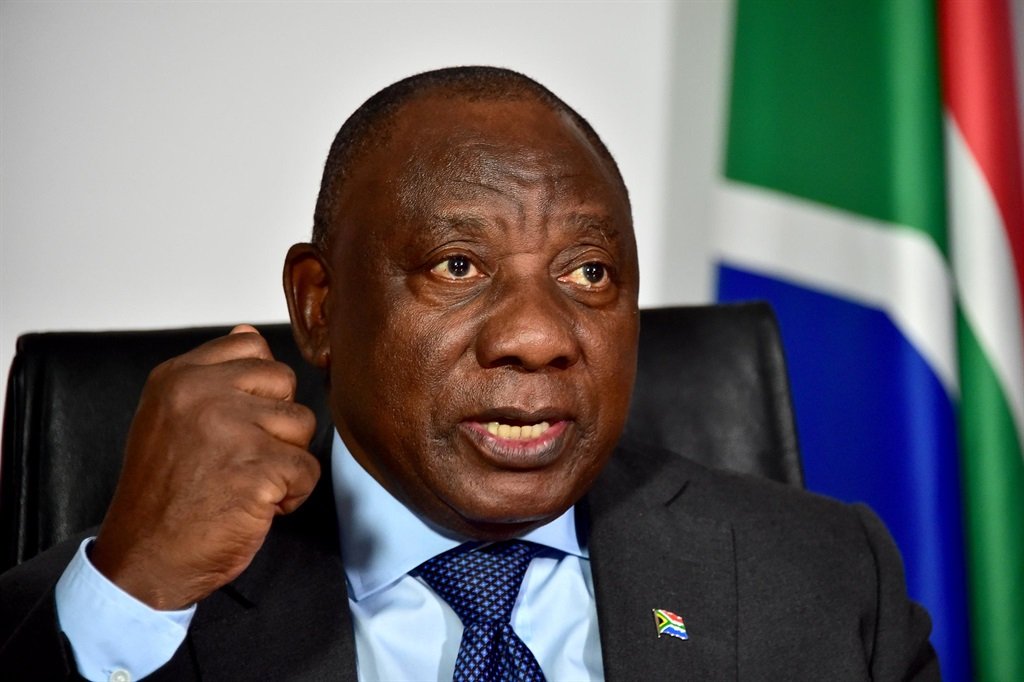By Alkali Amana
Since the world experienced the internet in 1983, life has never been the same. It has progressed rapidly in terms of improving the standard of information, connection and communication. The internet has become a necessity of life. For Africa, the fact that the adoption of the latest technology is key has been demonstrated by the island nation of Mauritius in its quest for better growth and development. According to the country’s Minister of Information Technology, Communication and Innovation, Darsanand Balgobin, the launch of 5G services marks an important milestone in the development of the vision of the Government to digitalize the economy as 5G technology will serve as a game-changer for the benefit of the population. This does not apply to the island nation alone. It is a call to the rest of Africa to consider employing 5G technology to digitalize her economy. The advent of Covid19 and the global shutdown it orchestrated has seen Africa join the rest of the world in looking for better ways to recover from the economic shock caused. The African Development Bank (AfDB) calls the economic constraint engineered by the pandemic the worst recession Africa has had in half a century as the continent’s economic growth contracted by 2.1 percent.
Although recovery has begun, and the growth rate for 2021 is placed at 3.4 percent, Africa can look for better ways to improve its situation. Adopting technology is one way to improve the continent’s recovery, and 5G comes as one to be employed. The potential benefit of 5G when summarized can be seen in the package it offers for better communication and improved internet for digitalization. The internet is crucial to Africa’s development. When properly harnessed, unprecedented growth is inevitable. Kenechi Okeleke, the Director of Social and Regional Research at GSMA Intelligence, notes that the evolution 5G introduces will perform all the functions of 4G with the potential for more. This includes super-fast download speeds, extremely low latency, and high levels of reliability, capacity, device density, flexibility, and spectral efficiency
In a world where smartphones and mobile devices serve as primary means of connecting with people and getting information, the use of 5G technology will mean improved communication for businesses. According to the CEO of Verizon, Hans Vestberg, ‘In the future, everything is going to be transformed by 5G. The pace of technological change in decades past has been fast. The only thing we know for sure is that, in the future, it’s going to be even faster. We’re going to experience a technological shift that will transform people, businesses and society as a whole. In an analysis of the benefits 5G technology holds for Africa, Okeleke outlined certain points. Here are 4 of such benefits:
- 5G will bring more homes and enterprises online: Covid-19 has put a spotlight on digital connectivity for people and enterprises, as many everyday activities, including work and learning, moved online during the lockdown. Given the limited access to fixed broadband connectivity (fixed broadband penetration is typically below 2% in African countries), the immediate opportunity for 5G is to use FWA to bridge the gap in enhanced broadband connectivity for homes and enterprises, both large and small.
- 5G will facilitate the Fourth Industrial Revolution (4IR): Before the pandemic, some governments in Africa publicized their ambition to implement the concept of the 4IR. The pandemic has made such plans even more imperative, as 4IR solutions could be crucial to improving productivity and efficiency in the economy, as well as strengthening economic resilience going forward. 5G will enable intelligent connectivity – the fusion of high-speed networks, artificial intelligence (AI) and the internet of things (IoT) – which will support new and existing solutions to transform industrial processes and generate significant social and economic benefits. Key sectors in the region that could benefit include manufacturing, agriculture, financial services and the extractive industries.
- 5G will encourage tech innovation: Africa has a vibrant tech ecosystem, supported by a network of more than 600 tech hubs, a growing number and wide variety of investors, and the activities of mobile operators which, in many cases, provide key assets, including APIs and distribution networks, to tech startups. 5G-specific attributes, such as low latency and high device density, will create new opportunities for tech startups to develop innovative and locally relevant solutions for the benefit of society. Key sectors that can benefit from 5G-enabled transformative tech include healthcare, financial services and entertainment.
- 5G will enable new consumer services: Beyond enhanced mobile broadband (eMBB) for the consumer, 5G is well suited for immersive use cases, such as augmented reality (AR) and virtual reality (VR). These are undeveloped in Africa, partly because of the lack of connectivity to power such services. For example, 5G could support the streaming of live social events, such as weddings, which has become a popular way for well-wishers who are unable to attend in person, due to the travel and crowd restrictions brought about by the Covid-19 pandemic, to still participate in those ceremonies.
5G is expected to generate greater application and usage in enterprise when compared to previous generations. It is bound to create opportunities and prospects for businesses. It is best to envision it as the catalyst for significant long-term changes in the way people live, work and interact in their engagements, beyond what has been experienced with existing technologies. It is even better to consider the adoption of the technology for businesses and entrepreneurs pushing the economic growth of Africa forward through digital platforms. As the world recovers from the shocks of the pandemic, Africa has to improve where necessary to rebuild its economic advantage.


